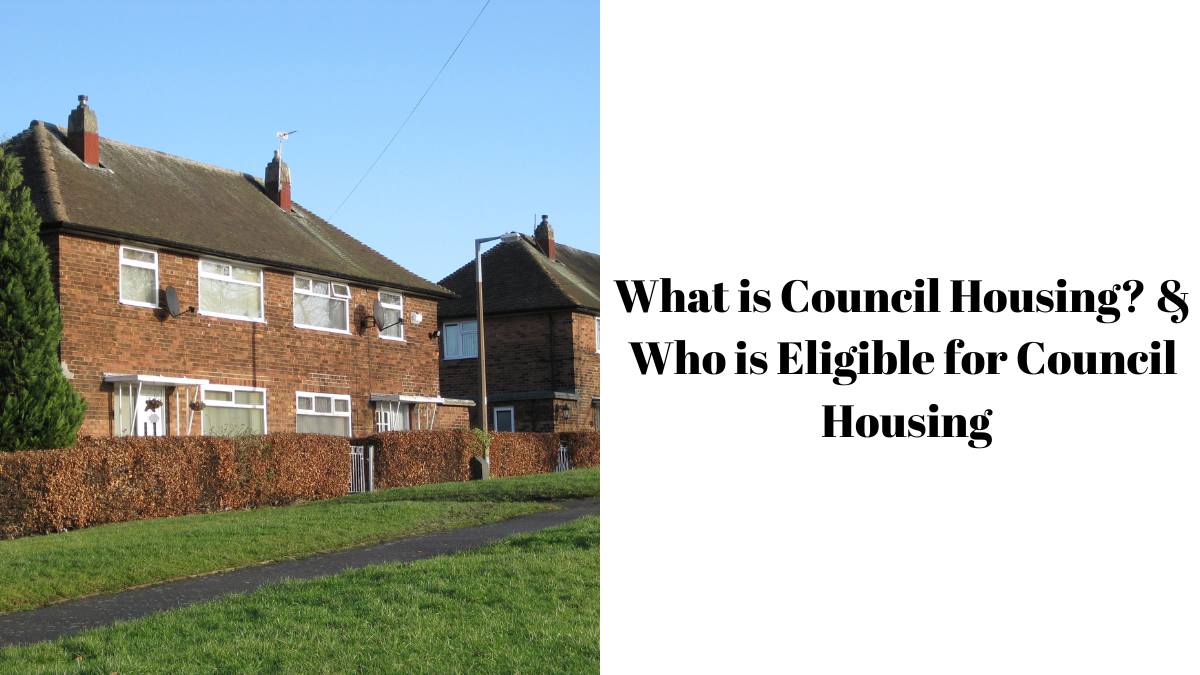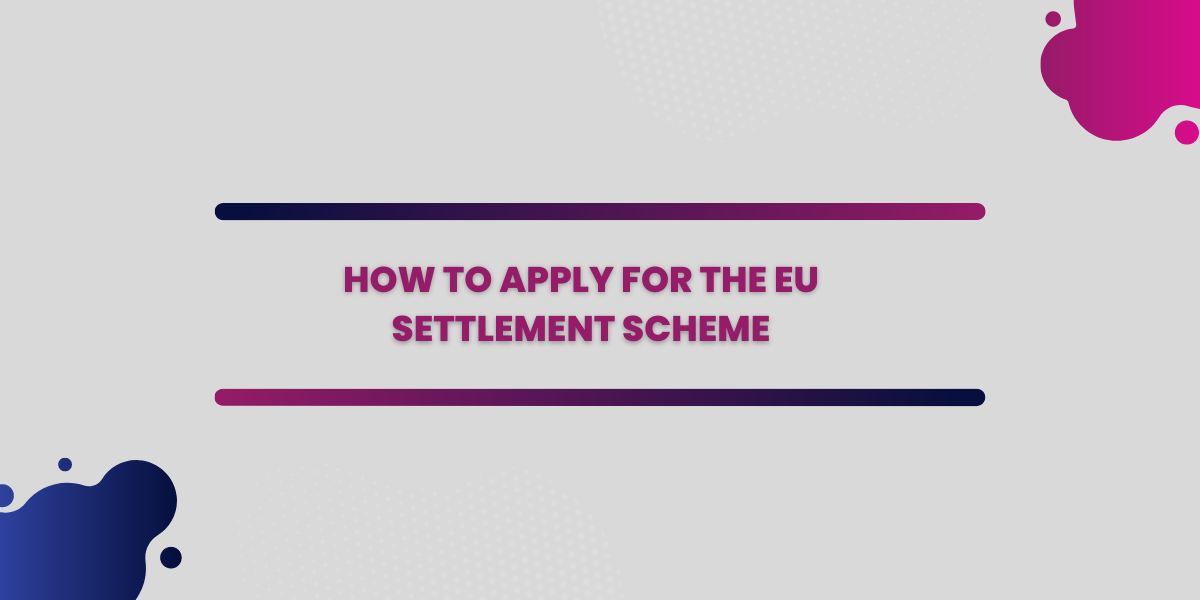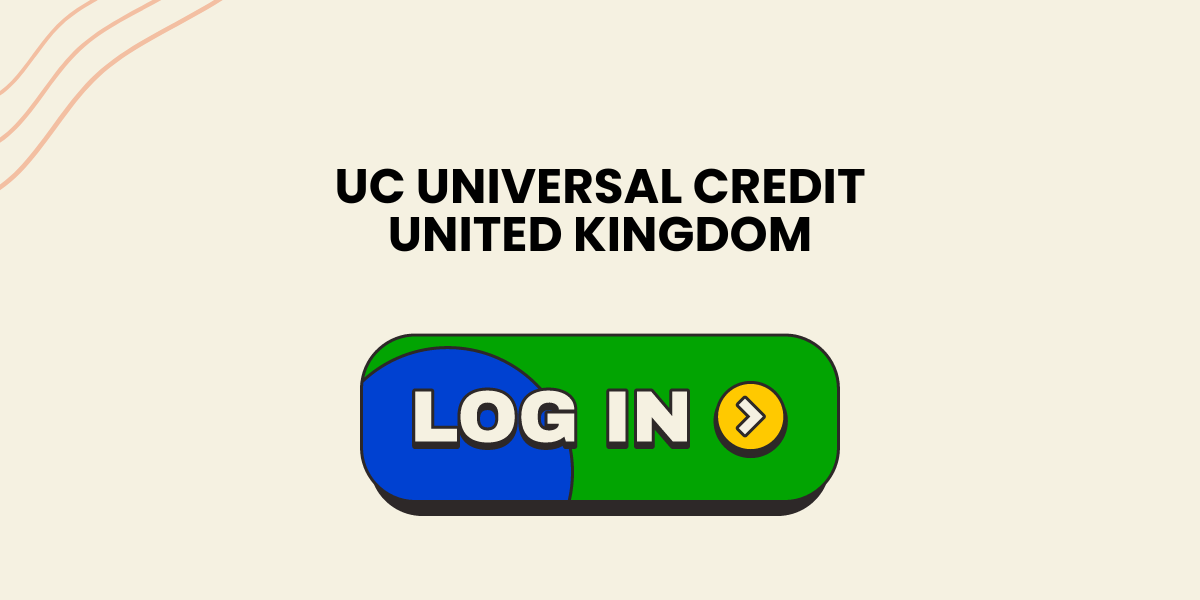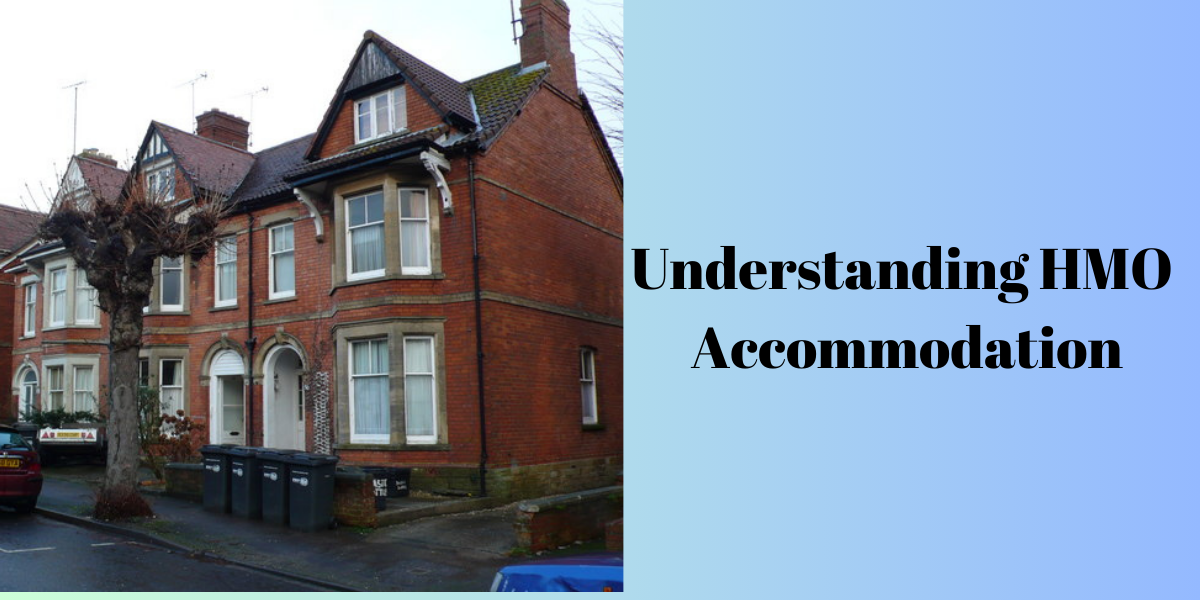Since centuries council housing has been the key to helping the vulnerable section of society to get a home and keeping the homeless safe. Council has built over 5.5 million homes contributing to finding homes for millions of people.
However, since the past 10 years council housing has slumped and now they are only building an average of 1400 homes in a year because of government restrictions.
Council is currently housing over 200,00 homeless people in temporary accommodation with a lot more people living on the streets. Around 1.2 million families are still on the waiting list of social housing. The country is currently in need of more council house buildings.
Contents
Who Is Eligible For Council Housing?
You are eligible for council housing if you are
-
British or Irish citizenship
-
indefinite leave to remain (ILR)
-
settled status under the EU settlement scheme
-
Commonwealth citizen
-
humanitarian protection or refugee status
-
a visa that allows you recourse to public funds
You can go to your local council or social housing to book a house. If the application gets accepted you will be put on a waiting list for people who need council homes. The council then prioritizes the application based on the urgency of an individual. The allocation scheme for the council will give details for priority for homes in the same region.
Being on the waiting list does not guarantee you a home. You might be offered a home by your housing association or local council.
Also Read: How Much is Carers Allowance 2024? Check Rate, Eligibility
Applying for a council home
You can apply online for a council home on GOV.UK. If your application is accepted that does not guarantee you a house right away. You will be put on a waiting list and might still take a long time. If you want to apply directly through a housing association then the rules might be different.
Filling in the application
You are required to provide as many details as possible in your application form. You might also be asked to provide some extra evidence for supporting the application like a medical note for any health condition you might have.
Council uses this information to decide whether you are eligible to join the waiting list. When your application gets accepted they will use the information provided on the form to see if you will get priority and what size home you will get.
You might need to give details of:
- your income, job or benefits
- health conditions or disabilities
- job history
- your savings and any assets worth a lot of money, like a car
- where you’ve lived for the last few years and why you left
- any visas or immigration documents if you’re not from the UK
Getting your decision
When your application gets accepted the council will put you in a band reflecting your priority level. If as per the information provided by you, they think you need a home urgently, you will put on high priority.
In some cases even if you are put on a high priority you might have to wait for a long time to get a house. You can ask the local council to learn about your waiting period.
What if the council makes a mistake?
If you are not selected for housing the council must write to you and give reasons for the same. You can also ask for a review when the council is wrong. For instance, in you are a citizen of the EU with pre-settles status meeting extra conditions.
How to ask for a review?
The council will tell you the review process and any time limits if present. For instance, you can ask for a review within 3 weeks of getting the council decision letter. You will be asked to provide more information to the council like you are working and have a pre-settles status.
It takes 2 months for the council to carry the review process and they will write to you about the final decision.
Also Read: What is a Budgeting Loan and How does it Work in the UK?

I am a dedicated lifestyle and fashion enthusiast, always looking for the latest trends and timeless styles. With a flair for creativity and a passion for self-expression, I provide fresh insights and tips on elevating everyday living and personal style.
















